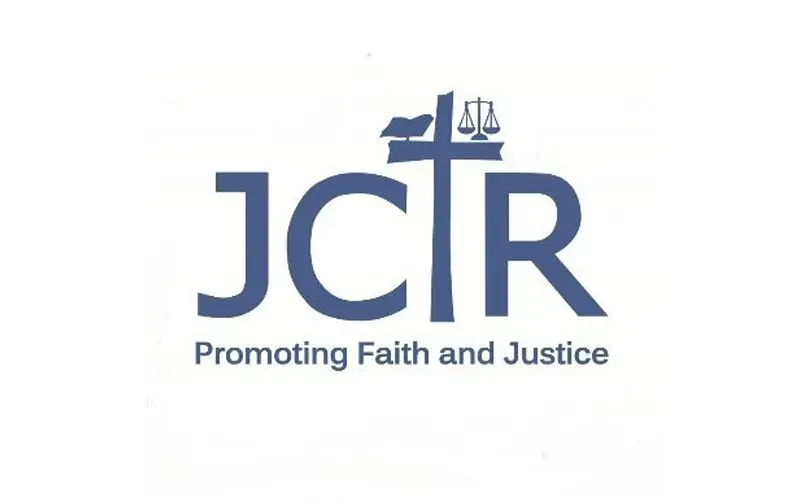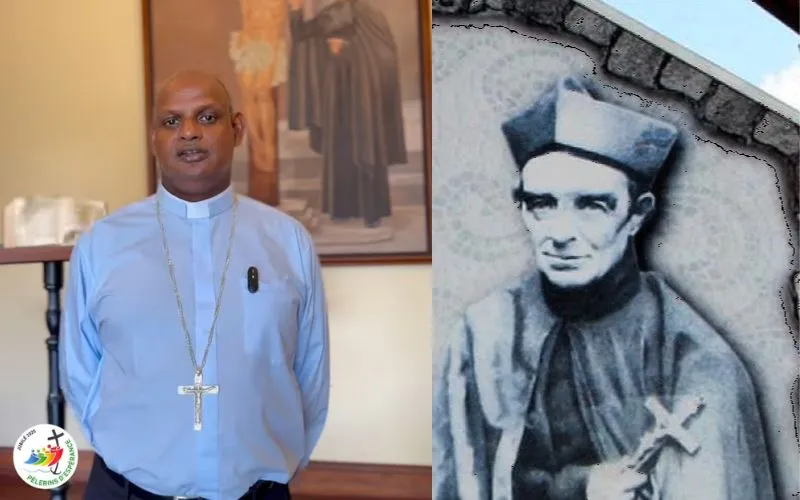Lusaka, 15 October, 2021 / 1:20 pm (ACI Africa).
Members of the Civil Society Organization (CSO) Debt Alliance in Zambia who include officials of the Jesuit Centre for Theological Reflection (JCTR) are advocating for transparency in the management of Zambia’s national debt.
In a statement issued Thursday, October 14, CSO Debt Alliance officials say access to information in the Southern African nation has been “historically” irregular and opaque to the citizens.
“There is need to align parliamentary oversight in debt contraction, increase transparency and accountability and develop borrowing plans before contracting debt,” say officials of the entity that seeks to improve public debt management in Zambia.
“Revise the legal framework guiding debt to ensure that there is adequate oversight of debt contraction as well as provisions for transparency and accountability,” they say.
President Hakainde-Hichilema government needs to “ensure the inclusion of civil society actors in public finance management processes and debates, particularly around key social sectors to ensure that decisions, policy reforms, and subsequent actions are well informed and consultative”, the officials say.








